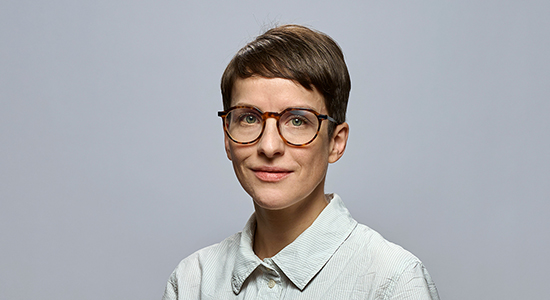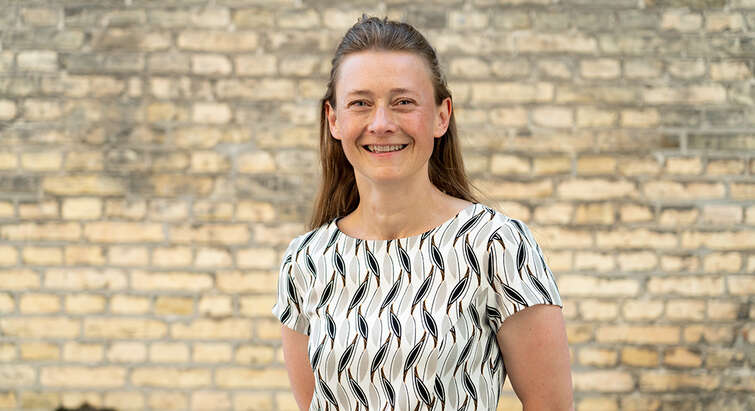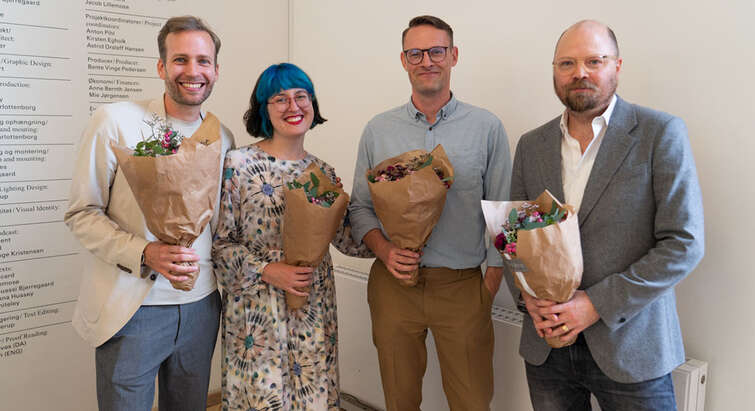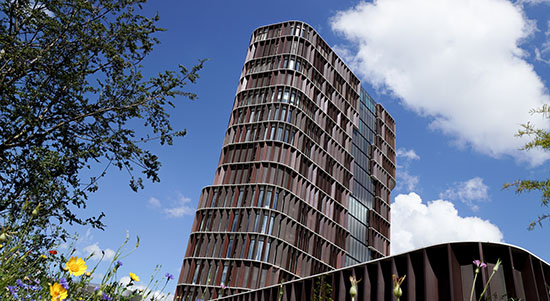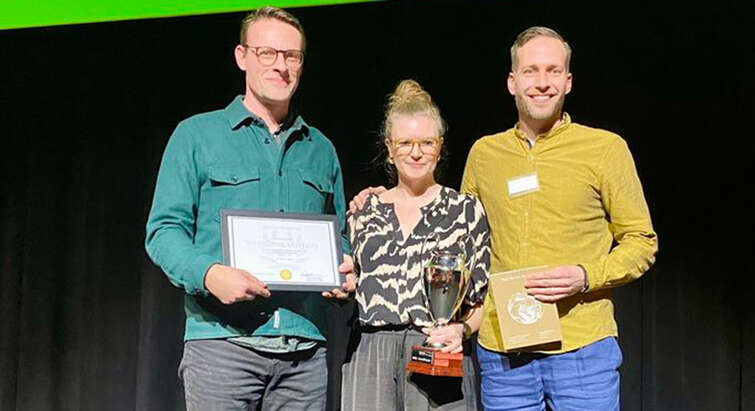
Communicating Across Forms of Expertise in the Whiteley Group
The Whiteley Group studies and experiments with the role of communication in mediating between different kinds of expertise, both in interdisciplinary collaborations, and between science and its publics. We focus on the communication of values, the creative potential of misunderstanding, and exhibition curation as method. The Whiteley Group also studies the impact of new biomedical advances on people’s understandings of themselves, and contemporary moves to improve research culture.
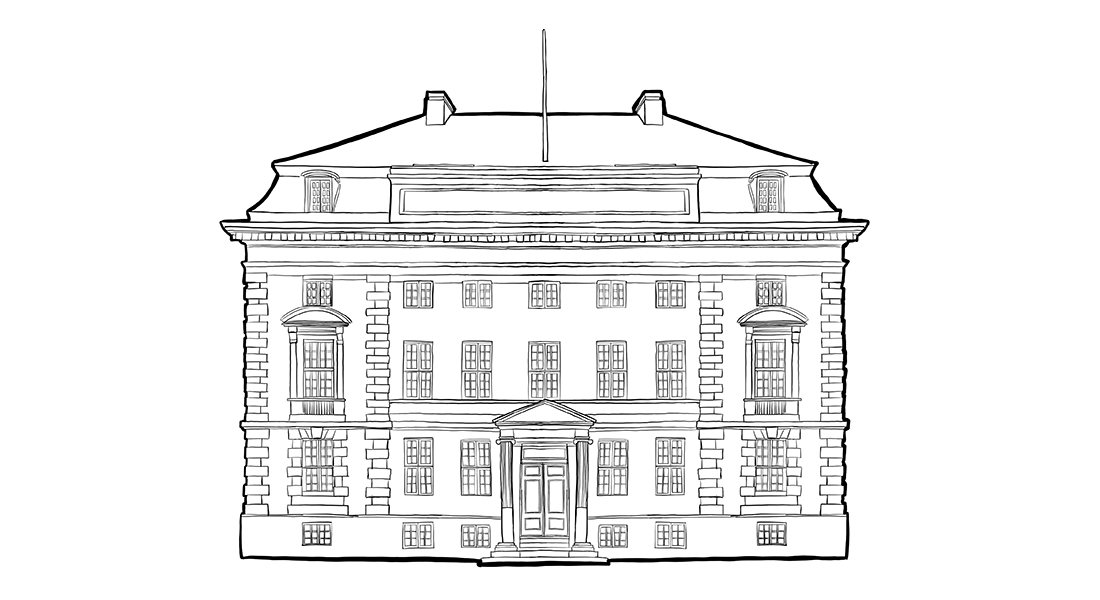
Science communication has traditionally been seen as the transmission of information from experts to an ignorant public. Today, public engagement with science is seen as shaping social identities; as integrated into culture; and as impacting scientific agendas. As such, we need to look at how public engagement creates meaning, raises questions, and provokes emotions.
The Whiteley Group focuses on the affective and ethical dimensions of talking across forms of knowledge, and on how misunderstanding can be used as a creative resource. The Group studies how these dimensions play out within scientific research – where creativity and values are increasingly invoked in discussions about research culture – and in exhibition curation and visitor experience.
As part of Research Program 4 – situated between Medical Museion and the Maersk tower – the Group has a unique opportunity to both study and practice public engagement with cardiometabolic science. The Group develops engagement methods to encourage participants to curiously juxtapose their knowledge and values, drawing on our experience curating exhibitions and creative processes. The Group hypothesizes that this will help improve collaboration, and increase wellbeing within research cultures.
“Environmentality in biomedicine: Microbiome research and the perspectival body”
Microbiome research shows that human health is foundationally intertwined with the ecology of microbial communities living on and in our bodies. This challenges the categorical separation of organisms from environments that has been central to biomedicine, and questions the boundaries between them.
"From Mausoleum to Living Room: Practicing Metabolic Carpentry in the Museum"
Museums might seem to be the enemy of metabolism: mausoleums that preserve collections and their knowledge-producing potential, out of time. We argue that museums are in fact intensely metabolic: in their attempts to manipulate the life course and temporalities of objects they proliferate metabolic processes, limits, and potentials.
"Curating experimental entanglements"
From the book 'Curatorial Challenges: Interdisciplinary Perspectives on Contemporary Curating', this chapter presents some theoretical argumentation for doing how researchers approached the curatorial experiment, rather than going into the details of how the experiment was done and how the transdisciplinary cocurator team worked together.

